In a world where we often search for connections with our furry friends, horses stand out with their majestic charm and uncanny human-like qualities. Sure, they don’t text or sip lattes at the local café, but if you’ve ever spent time around these magnificent creatures, you’d know they’re full of surprises that make them feel like part of the family. Just like us, they have their quirks, moods, and moments that make us believe that they, too, are navigating this crazy world in their own unique way.
1. They Have Deep Emotional Intelligence
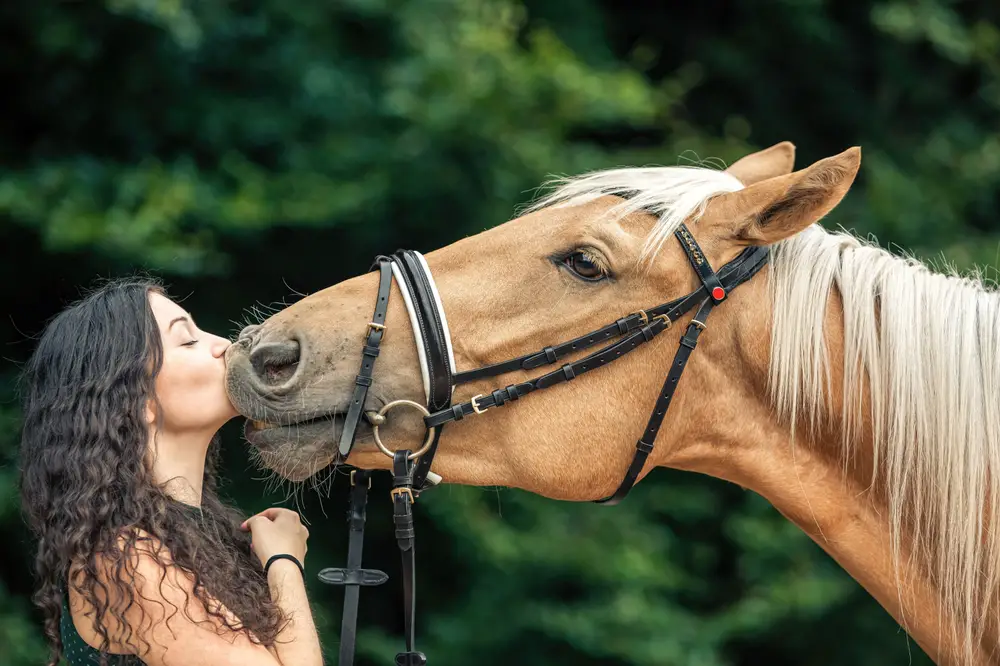
Horses are remarkably intuitive animals, often picking up on the emotional states of humans and responding in kind. Research published in Science Advisor confirms horses can read human facial expressions and adjust their behavior based on perceived emotions like happiness or anger. This ability to empathize makes them incredible companions for people dealing with emotional stress or trauma. Their gentle nudges and knowing eyes often provide solace in times of need, offering a kind of non-verbal support that feels almost human.
Just like us, horses have their own emotional spectrum. They can feel joy, anxiety, and even sadness, forming deep bonds with other horses and humans. Observing a horse mourn the loss of a stablemate is a testament to their profound emotional depth. While they might not shed tears, their behavior speaks volumes, echoing the complex emotional lives we navigate every day.
2. They’re Social Butterflies
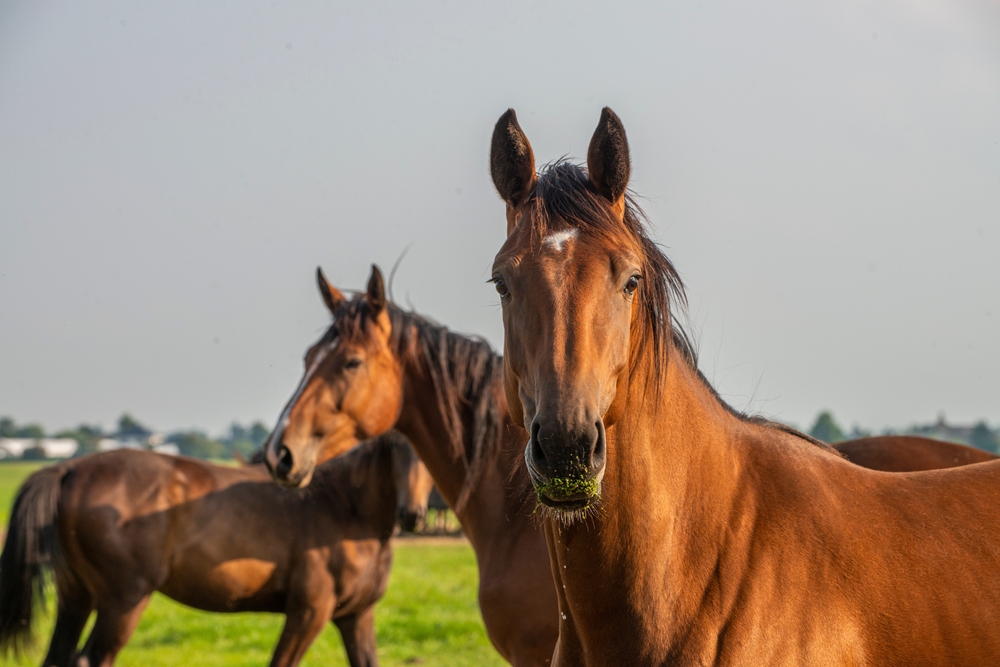
Like humans, horses thrive in social settings, forming close-knit groups known as herds. Within these communities, they establish hierarchies and roles, demonstrating a complex social structure akin to our own workplaces and friend circles. Their need for social interaction ensures they’re almost always seeking companionship, whether it’s from their fellow equines or the humans who care for them.
Horses communicate through a series of vocalizations and body language, from gentle whinnies to expressive ear movements. These interactions aren’t just about survival; they’re about maintaining relationships and expressing emotions. When a horse feels neglected or isolated, it can exhibit signs of depression, highlighting the importance of social connection for their well-being, much like our own.
3. They Have Memories Like An Elephant (Or Human)
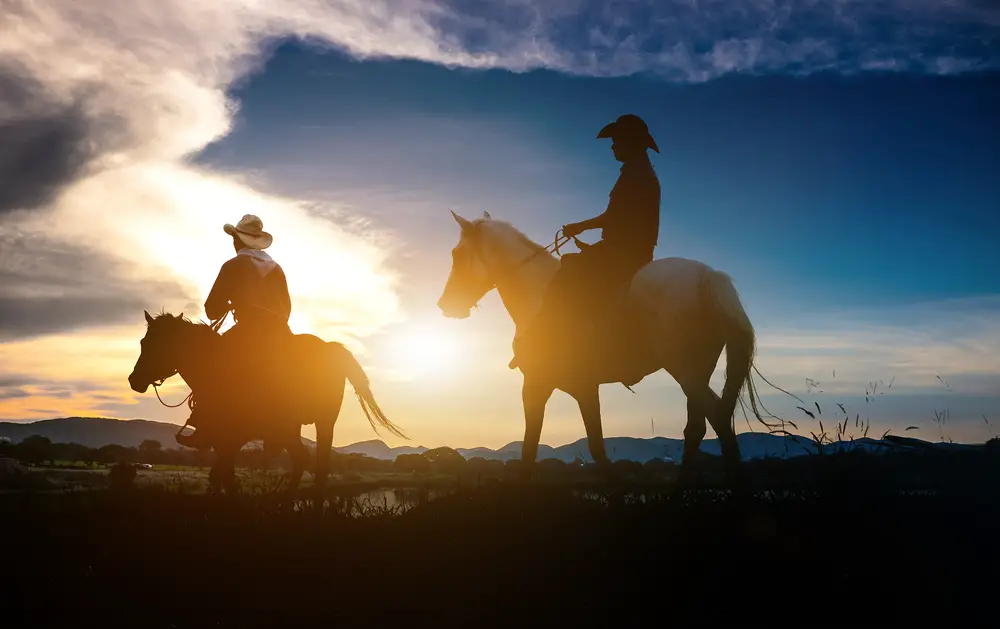
If you’ve ever thought a horse was holding a grudge, you might be right. Horses have excellent memories, capable of recalling people, places, and experiences with surprising accuracy. They can remember human faces and recall specific interactions, which influences their future behavior with people, as reported in Scientific American.
This impressive memory helps them navigate their environments and build trust with their handlers. Positive experiences are stored just as vividly as negative ones, which means that consistency and kindness are key when building a relationship with a horse. When a horse remembers you fondly, it shows in their eagerness to greet you and their relaxed demeanor in your presence.
4. They Have Their Own Personalities
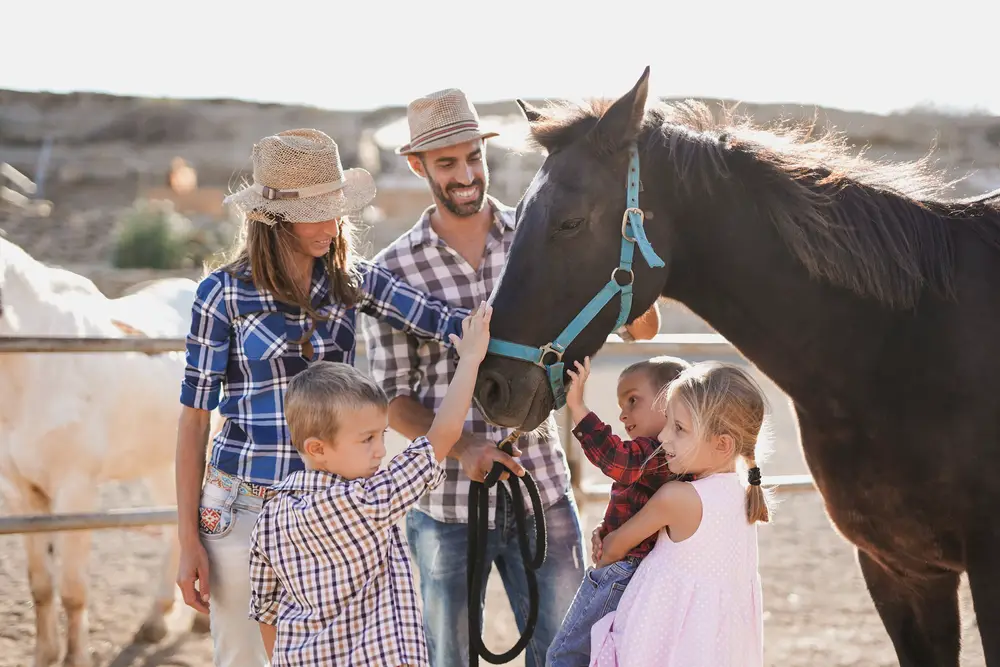
Each horse is a unique individual with its own personality quirks that make it as distinctive as a fingerprint. Some are playful and curious, always looking for the next adventure, while others might be more reserved, preferring the comfort of familiar routines. This diversity in personality makes interacting with horses a wonderfully unpredictable experience.
Handlers and riders often find themselves drawn to certain horses whose personalities resonate with their own. This connection is similar to the friendships we form with other people, based on shared interests and compatible temperaments. Understanding a horse’s personality is key to building a strong, enduring relationship that feels deeply personal and rewarding.
5. They Have Clever Ways Of Communicating
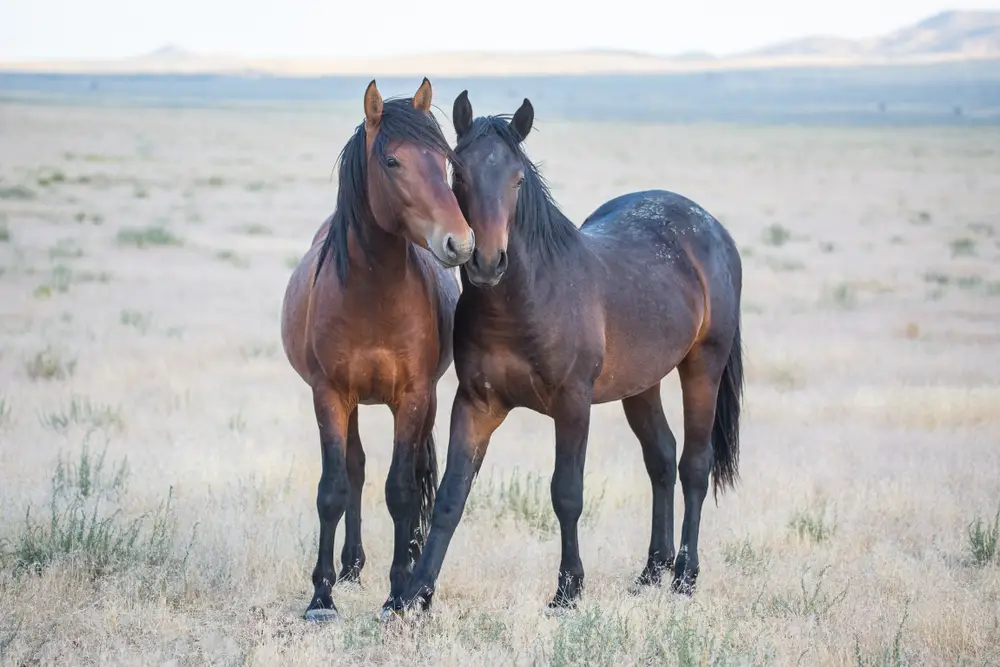
Horses are masters of non-verbal communication, able to express a wide range of emotions and intentions through their body language. PetMD explains that everything from the flick of an ear to a tail’s swish can convey important information about a horse’s mood and intentions. This silent conversation requires humans to develop a keen eye and a heightened sense of awareness.
When you spend time with horses, you learn to interpret their subtle cues, much like picking up on the micro-expressions and gestures of a human friend. This understanding fosters a bond built on respect and empathy, as both parties strive to communicate across the species divide. The silent dialogue between a horse and human is a testament to the power of connection without words.
6. They’re Creatures Of Habit
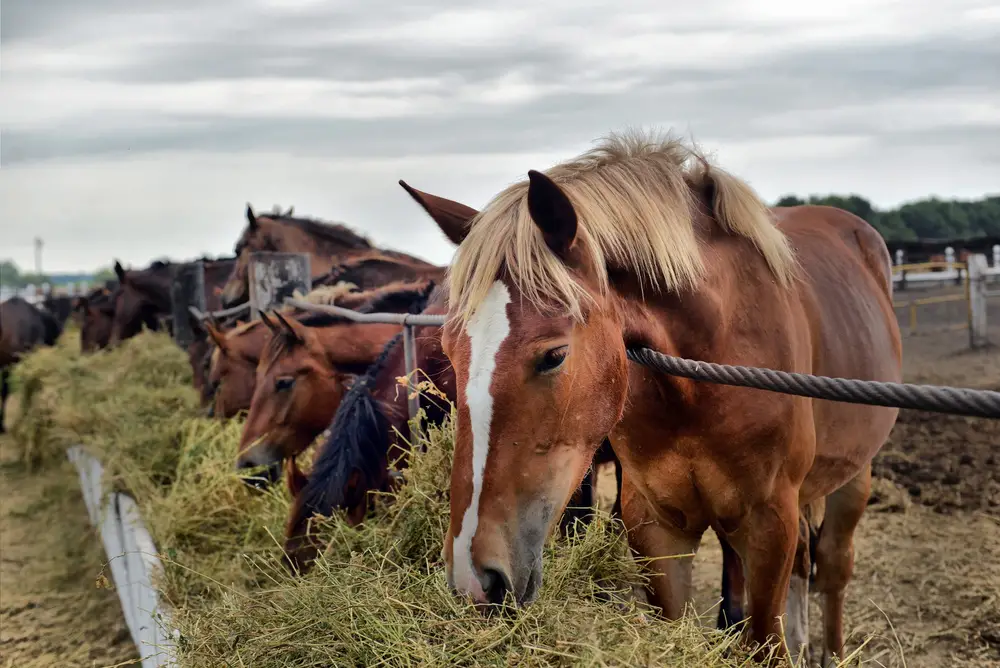
Horses, much like people, are creatures of habit, thriving in environments where they can establish a stable routine. Regular feeding times, consistent training sessions, and familiar surroundings all contribute to their sense of security and well-being. This need for routine mirrors our own desire for stability and predictability in a rapidly changing world.
When routines are disrupted, horses can become anxious or stressed, similar to how we might feel when our schedules are thrown out of whack. This sensitivity to change highlights the importance of consistency in their care and handling. By providing a structured routine, caretakers ensure that horses feel safe and grounded in their environment, fostering a peaceful and cooperative demeanor.
7. They’re Playful Spirits

If you’ve ever watched a group of horses frolicking in a pasture, you’ll know they have a remarkable capacity for play. These moments of joy and spontaneity are not just for exercise; they’re a way for horses to develop social bonds and explore their environment. This playful nature is reminiscent of the way humans engage in games and light-hearted activities to relieve stress and build relationships.
Playtime is crucial for a horse’s mental and physical health, just as it is for people. It provides an outlet for energy and encourages social interaction, vital components of a balanced lifestyle. By allowing horses the freedom to engage in play, we support their natural instincts and contribute to their overall happiness and well-being.
8. They Form Strong Emotional Bonds
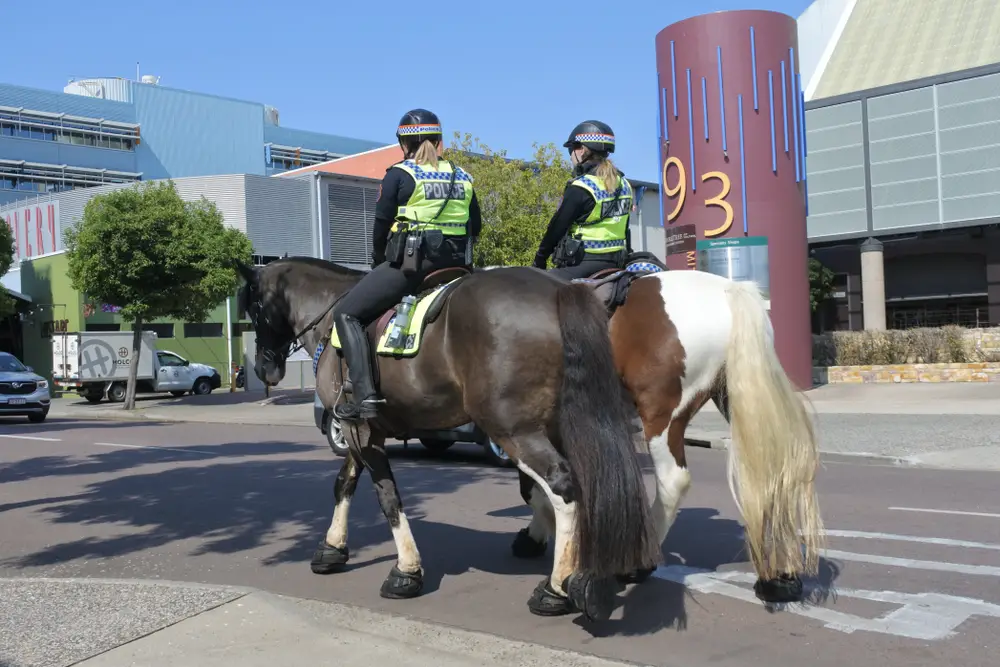
Horses form deep emotional bonds with their human handlers, a connection that goes beyond mere obedience or training. These bonds are built on trust and mutual respect, often taking months or even years to fully develop. Once established, the bond between a horse and human can be incredibly rewarding, offering a unique companionship that feels almost familial.
The emotional bond with a horse is akin to the friendships we cherish in our own lives. It requires patience, understanding, and commitment, but the rewards are worth every effort. When a horse trusts you implicitly, it shows in the way they respond to your presence and follow your guidance, creating a partnership that feels profoundly human.
9. They Have Expressive Faces
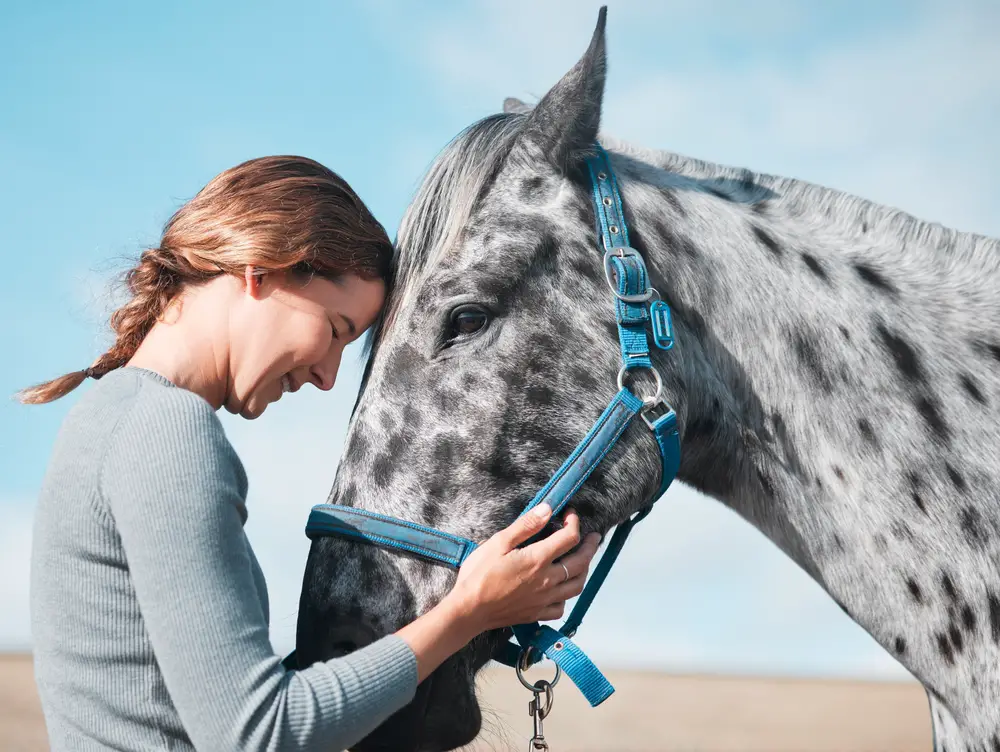
Horses have incredibly expressive faces, capable of conveying a wide range of emotions through subtle changes in their eyes, ears, and mouths. This expressiveness allows them to communicate effectively within their herd and with their human companions. Observing a horse’s facial expressions can provide valuable insight into their emotional state and needs.
Just like humans, horses use their faces to express joy, curiosity, discomfort, and anger. This ability to convey emotion non-verbally requires us to be attentive and empathetic listeners. By understanding and responding to these expressions, we can ensure that horses feel understood and cared for, strengthening the bond between species.
10. They’re Quick Learners
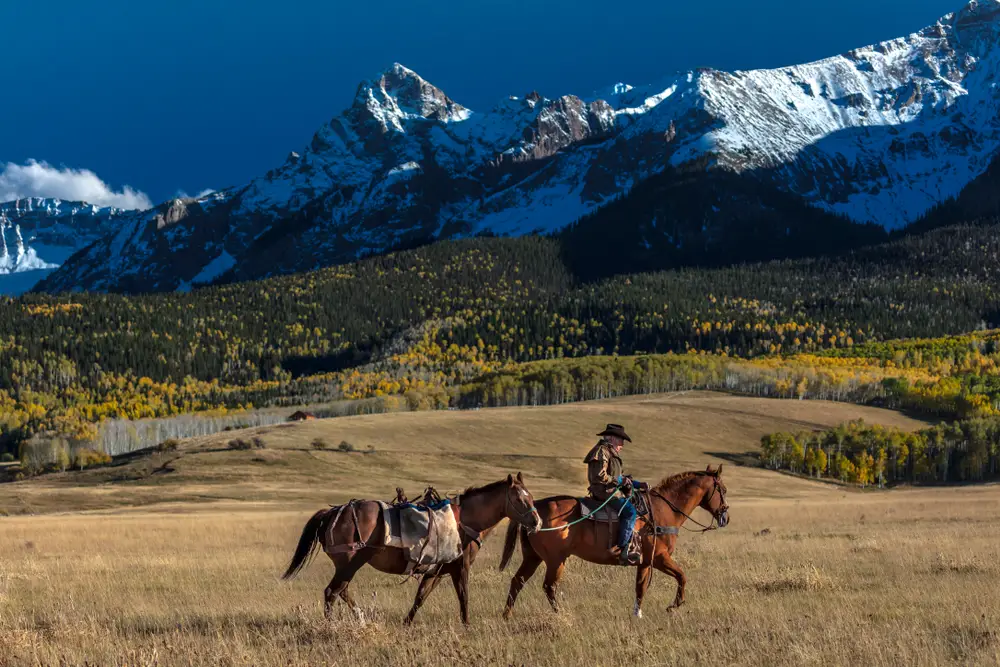
Horses are quick learners, capable of adapting to new situations and commands with impressive speed and accuracy. Their ability to learn is not just limited to physical tasks; they can also adjust their behavior based on past experiences and interactions. This adaptability is a testament to their intelligence and willingness to work collaboratively with humans.
Training a horse requires patience and consistency, but their capacity for learning makes the process rewarding. Horses are eager to please and thrive on positive reinforcement, much like people do when recognized for their achievements. This shared desire for learning and growth fosters a partnership based on mutual respect and understanding.
11. They Look After Their Family
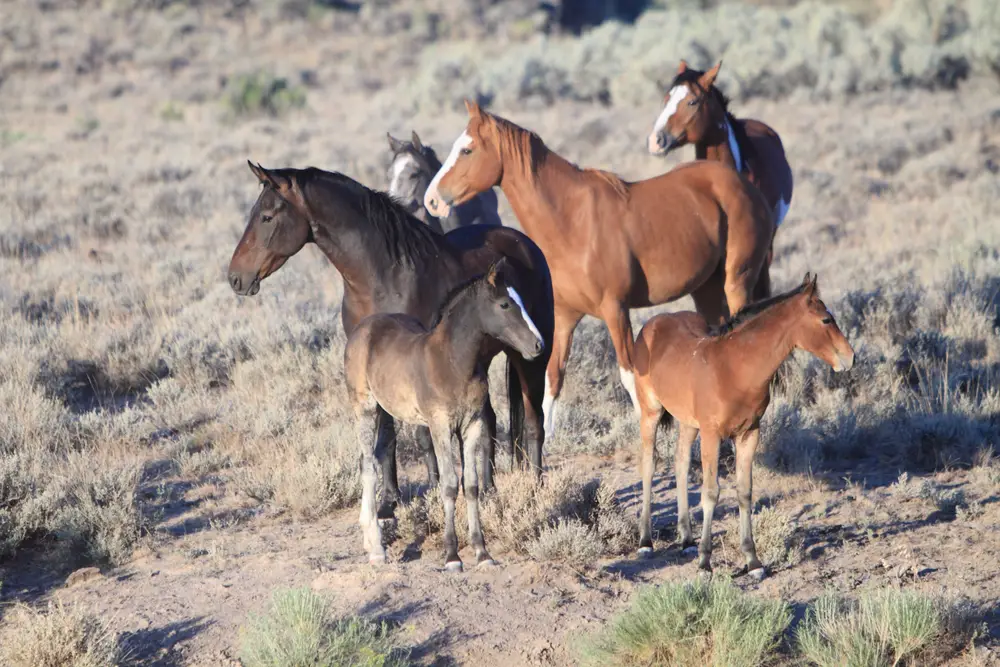
Within a herd, horses take on protective roles, looking out for one another and ensuring the group’s safety. This protective instinct is particularly strong in mares with foals, as they go to great lengths to shield their young from harm. Their vigilance and care for one another reflect a familial bond that feels strikingly human.
By observing horses in their natural social structures, we gain insight into their altruistic behaviors and protective instincts. These qualities resonate with our own efforts to look after loved ones and create safe environments for family and friends. Horses teach us that caring for others is a fundamental aspect of community life, transcending species boundaries.
12. Their Patience Is A Virtue
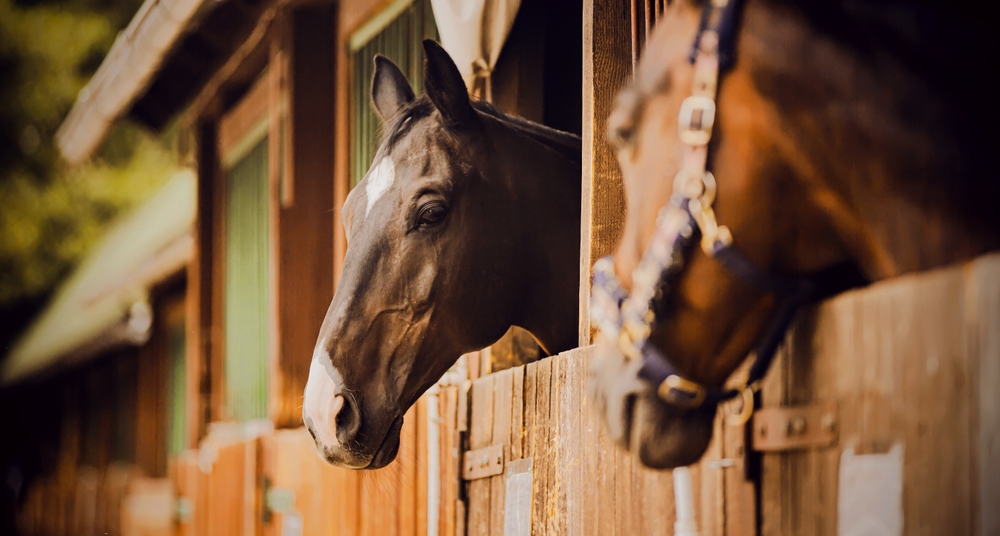
Horses epitomize patience, whether they’re standing quietly while being groomed or waiting calmly for their next instruction. This patience is a testament to their gentle nature and willingness to trust in the humans who care for them. In a fast-paced world, their ability to wait without frustration or anxiety is a valuable lesson in mindfulness and composure.
Spending time with horses encourages us to slow down and appreciate the present moment. Their calm demeanor invites reflection and helps us cultivate our own patience when dealing with life’s challenges. By embracing the horse’s natural rhythm, we learn to find peace amid the chaos, embracing a slower, more deliberate way of being.
13. They Have A Healing Touch
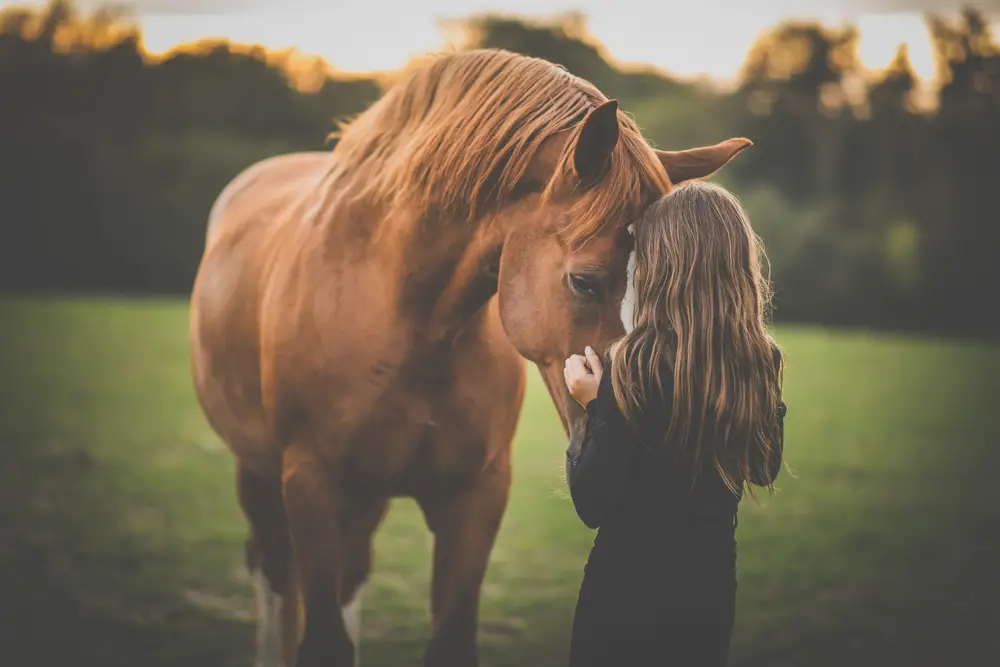
Horses possess a remarkable ability to promote healing, both physically and emotionally, through their presence and interactions. Equine therapy has been shown to aid in the recovery of individuals dealing with trauma, anxiety, and a range of other challenges. These sessions harness the horse’s calming influence and empathetic nature to facilitate emotional breakthroughs and personal growth.
The healing power of horses lies in their non-judgmental presence and gentle demeanor. Unlike humans, they approach each interaction with a clean slate, offering unconditional acceptance and support. This unique quality makes them invaluable partners in therapeutic settings, where their human-like empathy and understanding help individuals find solace and strength.
